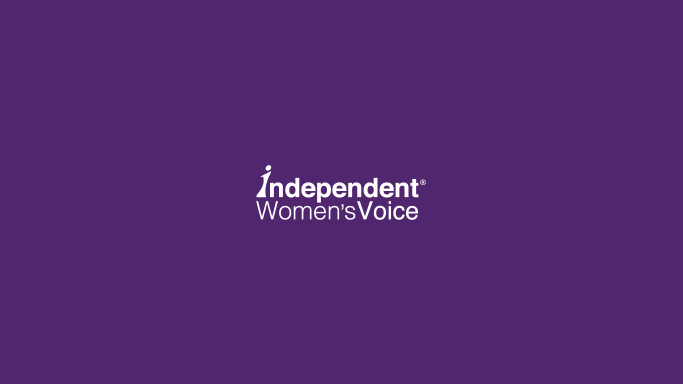The federal government may be on the hook for billions more than anticipated if the health-care bill before Congress is passed. Michael G. Franc points to unintended consequences “that could hike federal spending by well over half a trillion dollars in just the first few years after its enactment. Buried amid the bill’s technical gobbledygook are several provisions that, acting in concert, could induce many, if not most, states to terminate their Medicaid programs and stick Uncle Sam with the full cost of providing health care to some 60 million low-income Americans.”
Franc’s conclusions are based on a Heritage Foundation paper by Dennis G. Smith, who was in charge of Medicaid for 7 years in the Bush administration, and Edmund F. Haislmaier, a former health policy strategist with Pfizer. They note that state participation in Medicaid is voluntary. It might be less expensive to cease participation. Smith and Haislmair write:
If all states withdraw from Medicaid, their collective savings would be $725 billion over the 2013-2019 period, but they would exceed $1 trillion over 10 years. This assumes that states will continue to spend at least 90 percent of what they spend now on Medicaid long-term care services with state-only dollars. On a state-by-state basis, every state except North Dakota would come out ahead financially by leaving Medicaid but continuing long-term care spending with state-only dollars. Of course, if North Dakota reduced its long-term care spending, it too would come out ahead.
The cost to the federal government to replace the state share of Medicaid, however, would be greater than $1 trillion as the entire Medicaid population would become eligible for the new, more expensive federal subsidies for premiums and cost-sharing. Moreover, the states would no longer pay for Medicare cost-sharing or the state “clawback” for Medicare prescription drugs.
The reasons states would seriously consider opting out of Medicaid are simple: They would no longer be able to afford Medicaid, and it is politically infeasible to have one quarter of a state’s budget controlled by Washington rather than the state capitol.
The health care legislation in both the House and Senate would require states to increase their Medicaid spending. Although the bills would provide additional federal funds for new proposed Medicaid populations, Congress does not seem to realize that states cannot afford the current Medicaid program.
It’s easy to miss little things like this in a 2,000-plus page bill that Harry Reid is trying to rush through the Senate. ‘Cause, if they slow down, I bet all sorts of problems like this would emerge before the final vote.

